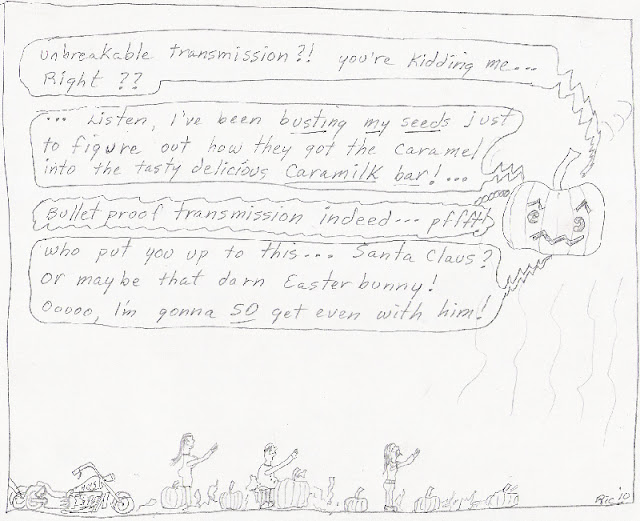Here is an example of correct usage.
I have added a sample participial phrase, and removed the comma after “remain”.
Hoping this banal participial closing causes no offense, we remain sincerely yours, mr person head of accounting all authorities advise against the participial closing, but not on grammatical grounds.
10 best letter closings for ending of a formal business letter.
The correct way is to capitalize only the first letter of the first word.
After you write the phrase correctly, you have to add a comma and write your name under the phrase, like in the following example:
Yours sincerely, thomas thompson.
Your response will be appreciated.
To make “your response will be much appreciated” a little less warm, we may also remove the adverb “much” and stick with “your response will be appreciated” alone.
“your response will be appreciated” is great for scheduled tasks that most, if not all, target recipients already expect doing.
Actually, the term 'i remain' was part of the old english which was used primarily among nobles.
Through the late 17th century when sending sealed letters.
It would still be considered appropriate.
To use the term in closing in limited use.
When 'i remain' is used in closing, there is no other closure.
Required or appropriate because 'i remain.
I am awaiting your reply, if it is somewhat formal and you feel you are owed a reply.
I am looking forward to your reply is more relaxed and friendlier.
I remain pending is wrong.
The word pending, incidentally, is very formal and would only be used in business or legal situations.
A possible example of use might be:
It's a throwback to the florid and formal way of ending letters a century ago:
I look forward to receiving your esteemed instructions.
Your obedient servant, i.
Cheetham, (fudge, cheetham and delay, solicitors) last edited:








![Awaiting Your Reply I Remain Yours Sincerely [Resolved] Request To Embassy / Immigration Of Oman In India & Indian](https://www.consumercomplaints.in/thumb.php?complaints=542730&src=Baljit Passport 2.jpg&wmax=900&hmax=900&quality=85&nocrop=1)



![Awaiting Your Reply I Remain Yours Sincerely [Resolved] Request To Embassy / Immigration Of Oman In India & Indian](https://www.consumercomplaints.in/thumb.php?complaints=542730&src=Baljit Passport 1.jpg&wmax=900&hmax=900&quality=85&nocrop=1)




